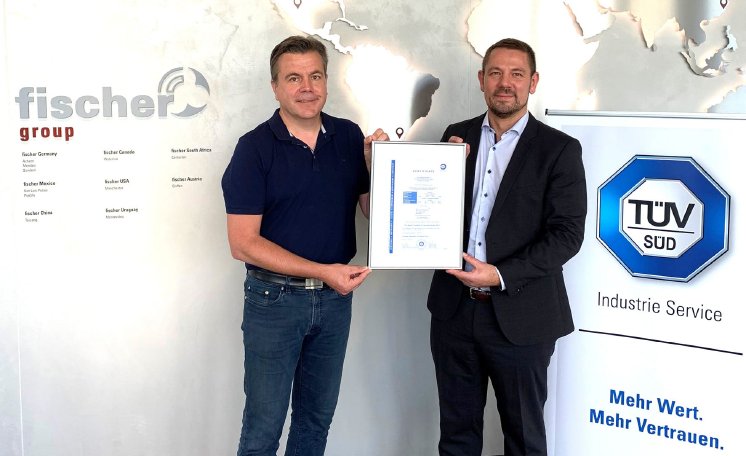Choosing the right type of materials for hydrogen applications is a process fraught with difficulties. When hydrogen is used, complex failure mechanisms must be considered that may impact negatively on the reliability of materials, particularly metals. The existing regulations and standards either do not yet fully cover the issue of hydrogen resistance or are limited to specific areas of application. For this reason, TÜV SÜD worked with component manufacturers to develop its own “Material resistance to compressed hydrogen” standard, which is based on recognised international regulations and standards including ASME, B31.12, EIGA Doc 121/14 and CSA-CHMC-1 and forms the basis of the above certification. “Our standard enables substantiated statements to be made about the stability of materials and components in the presence of hydrogen”, explains Dr Thomas Gallinger, Head of Hydrogen Projects at TÜV SÜD Industrie Service GmbH. “By applying a well-structured assessment process plus annual surveillance audits at the production sites, we establish the necessary level of trust in the extremely dynamically developing hydrogen market”, says Simon Schlei, H2-Readiness material expert at TÜV SÜD Industrie Service.
The fischer Edelstahlrohre GmbH in Achern successfully underwent this assessment process. The TÜV SÜD certificate confirms that the longitudinally welded stainless steel tubes manufactured by fischer meet the requirements for high-pressure hydrogen applications. The certification scope covers longitudinally welded stainless steel tubes made from steel types 1.4401, 1.4404 and 1.4435 with nominal widths between 5 mm and 205 mm. The fischer Edelstahlrohre GmbH is part of fischer group, which describes itself as the world’s leading manufacturer of premium stainless steel tubes and components and as a technology leader in the production of longitudinally laser-welded tubes.
Further information about TÜV SÜD services in the area of hydrogen are available at www.tuvsud.com/hydrogen.


